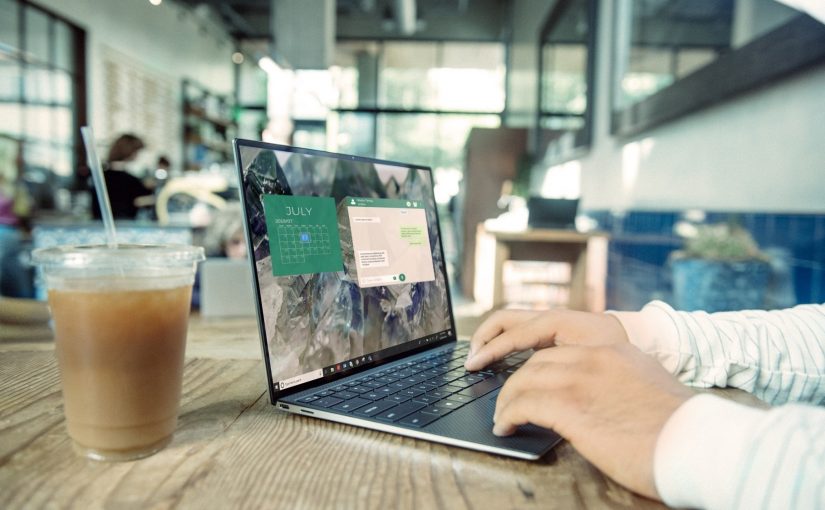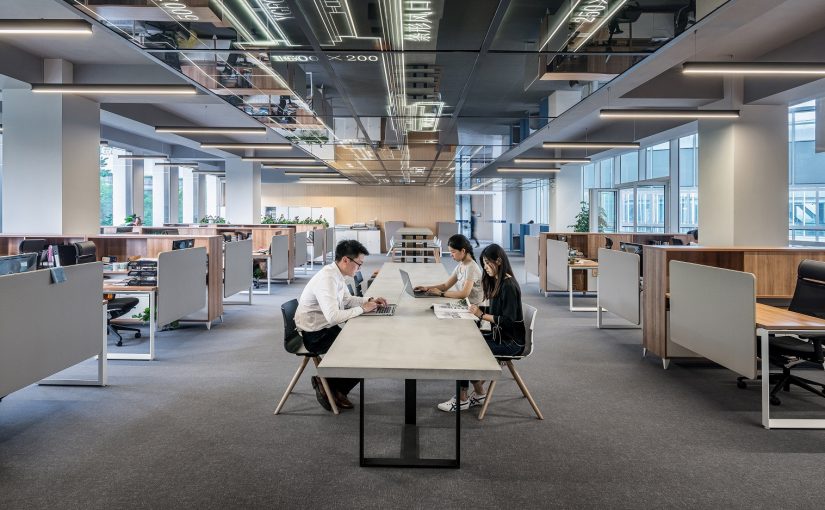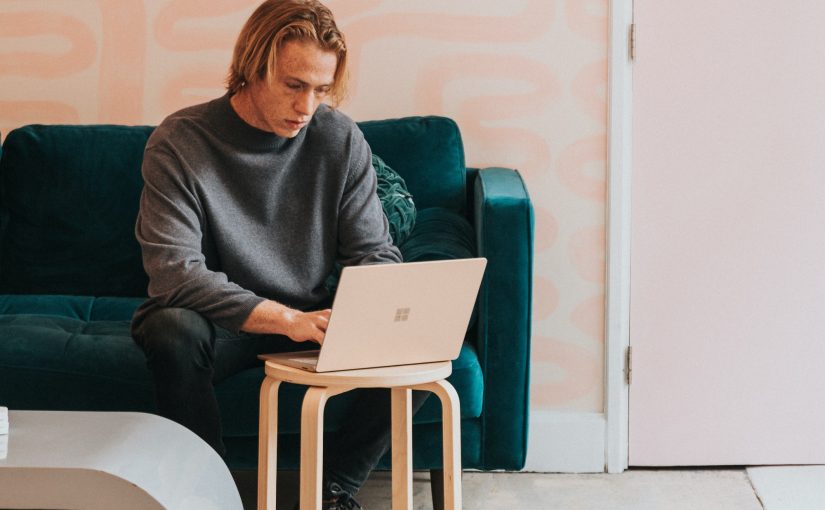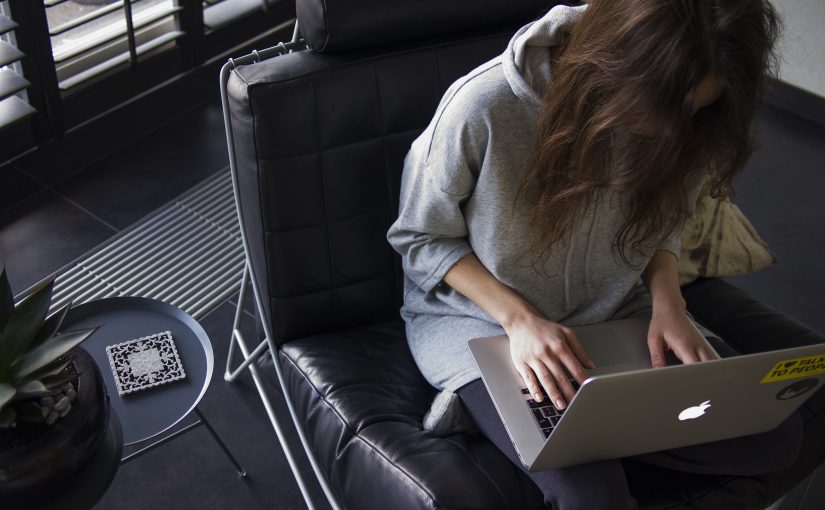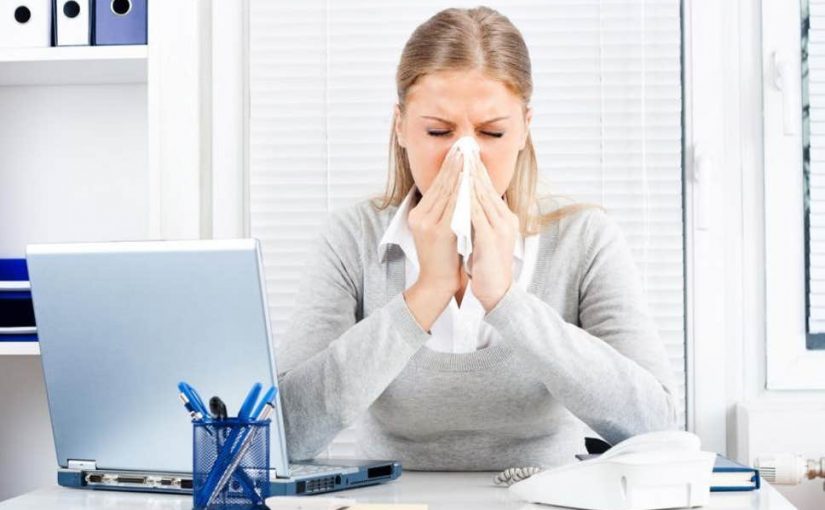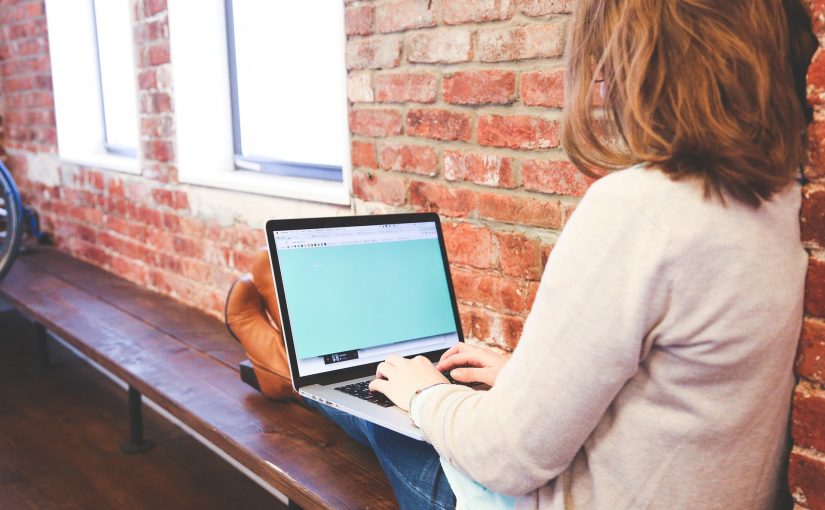The beginning of August marks the end of the governments advice to work from home and signals an era when many offices will re-open and employers and employees make key decisions on where and how they’ll work in the future.
It’s been widely publicised that many corporates, such as banks, law firms and retail groups have been re-evaluating their policies on keeping large head-office locations, with many stating a strong intention to make flexible and home working the norm as we return to more normal post-lockdown work patterns.
With the ever-present threat of a second phase of Coronavirus, it’s true to say that from a worker perspective, the home working, or working from flexible workspaces closer to home, is a popular option.
Many workers have posted on social media, and commented on news forum posts, making it clear that they much prefer this new reality, albeit, if many have struggled due to their home set up.
Difficulties in working from home can be many and varied, but the common threads of the main problems include; poor internet connectivity that struggles with Zoom meetings and high-bandwidth tasks, physical space (many people working from bedrooms or sofas) and distractions from pets and other family members.
Working from local flexible workspaces, therefore, would appear to be a very good choice for many, especially if the spaces can be sourced and used nearer to the home location.
This gives a number of benefits;
Firstly, with professional flexible workspaces, the connectivity for internet, conferencing, data uploads and downloads is generally much more reliable and robust, so that online meetings can go ahead without downtime or distraction.
The working environment is much more conducive to running a business, with appropriate desking, telecoms, breakout areas and rest areas. This means that productivity is greatly increased, over that sometimes possible in some home locations.
With locations sourced nearer to the domestic residence, trips to the head office for the necessary office facilities are greatly reduced, this saves on pollution levels, stress coming from long journeys and the resultant loss of productivity.
Lastly, flexible office locations can be very important in offering remote workers the opportunity to see other people, socialise (within correct social distancing recommendations, and be in the proximity of others. This is extremely important, given the recent isolation presented by Covid-19 and lockdown.
The August 1st onset of the new ‘go to work’ position from the UK Government marks the start of a new paradigm for the way that all of us work, it very much remains to be seen how this will unfold and until things settle into the ‘new normal’ it will be a case of seeing how it goes.
One thing that is for certain, is that the need for flexible working solutions, remote communication technologies and demand for more localised work locations will only continue to rise in demand.
It’s a very exciting time for the flexible space industry, as it adapts and rises to meet this new demand from the previously head office located workforce.
